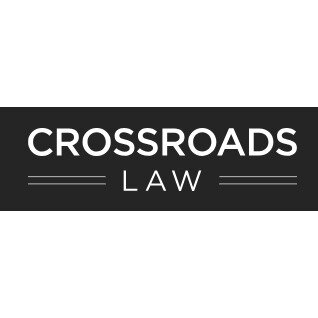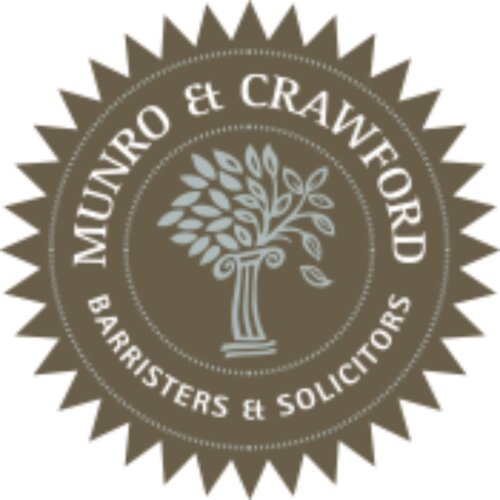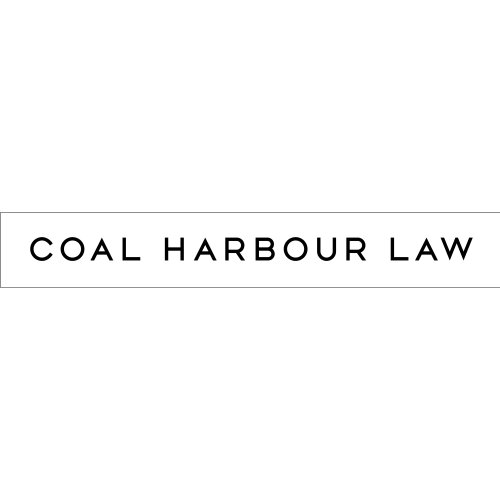Best Family Lawyers in Vancouver
Share your needs with us, get contacted by law firms.
Free. Takes 2 min.
Free Guide to Hiring a Family Lawyer
List of the best lawyers in Vancouver, Canada
Canada Family Legal Questions answered by Lawyers
Browse our 1 legal question about Family in Canada and read the lawyer answers, or ask your own questions for free.
- Hi there,I've been separated for 20yrs,would like to get divorced,
- What's the procedure, or legalities I'm facing, an how can you help?
-
Lawyer answer by mohammad mehdi ghanbari
Hello, Thank you for reaching out. I understand that navigating a divorce after a long period of separation can be a challenging and uncertain process, and I can offer some general guidance on the matter. General Divorce Procedure The first...
Read full answer
Canada Family Legal Articles
Browse our 1 legal article about Family in Canada written by expert lawyers.
- How to File for Divorce in Canada: A Step-by-Step Guide
- Family law in Canada covers separation, divorce, parenting, child support, spousal support, and property division, with rules split between federal law (Divorce Act) and provincial or territorial laws. You do not need a court order to separate, but you do need a court-issued divorce to legally end a marriage and... Read more →
About Family Law in Vancouver, Canada:
Family law in Vancouver, Canada, is a legal field focusing on the rights, obligations, and relationships of individuals in the context of family. It encompasses a broad range of issues, including marriage, divorce, child custody, spousal support, child support, and division of property. Family law cases can often be complex, emotionally charged, and require navigating delicate situations carefully.
Why You May Need a Lawyer:
There are several situations where you may need the expertise of a family lawyer. These include filing for divorce, negotiating child custody and support arrangements, spousal support, division of property, and cases involving domestic abuse. A lawyer can provide legal counsel, help you understand your rights, and ensure fair representation in court proceedings. They can also assist in mediating disputes and drafting legal agreements, which can help prevent potential issues down the line. In highly sensitive matters related to family, their expertise can be invaluable.
Local Laws Overview:
Family law in Vancouver is primarily governed by the federal Divorce Act and provincial Family Law Act. These laws establish the framework for marriage, divorce, child custody, child and spousal support, and property division. For instance, child custody decisions are based on the best interests of the child, while spousal support and property division take into account the length of the relationship, the roles of each partner, and the need for financial support. It’s also notable that common law relationships are legally recognized in Vancouver after two years of cohabitation.
Frequently Asked Questions:
1. Can I represent myself in a family law case?
Yes, you are legally allowed to represent yourself in court. However, given the complexity of family law and the potential for high-stakes outcomes, it is generally advised to seek legal representation.
2. How is child custody determined?
Child custody decisions are based on the "best interests of the child". Factors such as the child's health, emotional wellbeing, and relationship with each parent are taken into account.
3. How is spousal support determined?
Spousal support is not automatically granted and depends on a variety of factors including the length of the relationship, the roles during the relationship, the need for financial support, etc.
4. What is the process of divorce in Vancouver?
At least one spouse must file a divorce application to initiate the process. It typically involves negotiating terms for child custody, child and spousal support, and division of property, either through mediation or court process.
5. Are common-law partners recognized in Vancouver?
Yes, common-law relationships, both heterosexual and same-sex, are recognized after two years of cohabitation. They have similar rights and obligations to legally married couples.
Additional Resources:
The Canadian Bar Association, the British Columbia Family Justice Center, and the Legal Services Society can guide you through the process and help you understand your rights under family law. Local libraries can provide access to resources and legal materials relevant to family law.
Next Steps:
If you need legal assistance in family matters, consider contacting a family law attorney to discuss your situation and possible legal options. An attorney can help guide you through the complexities of the legal system, ensuring your rights are protected while optimizing the outcome of your case. You may also contact local non-profit organizations for low-cost or free legal consultation.
Lawzana helps you find the best lawyers and law firms in Vancouver through a curated and pre-screened list of qualified legal professionals. Our platform offers rankings and detailed profiles of attorneys and law firms, allowing you to compare based on practice areas, including Family, experience, and client feedback.
Each profile includes a description of the firm's areas of practice, client reviews, team members and partners, year of establishment, spoken languages, office locations, contact information, social media presence, and any published articles or resources. Most firms on our platform speak English and are experienced in both local and international legal matters.
Get a quote from top-rated law firms in Vancouver, Canada — quickly, securely, and without unnecessary hassle.
Disclaimer:
The information provided on this page is for general informational purposes only and does not constitute legal advice. While we strive to ensure the accuracy and relevance of the content, legal information may change over time, and interpretations of the law can vary. You should always consult with a qualified legal professional for advice specific to your situation.
We disclaim all liability for actions taken or not taken based on the content of this page. If you believe any information is incorrect or outdated, please contact us, and we will review and update it where appropriate.
Browse family law firms by service in Vancouver, Canada
Vancouver, Canada Attorneys in related practice areas.















